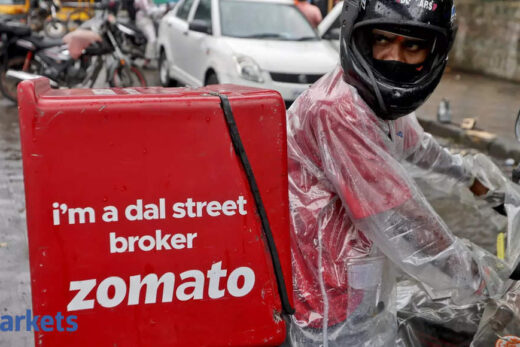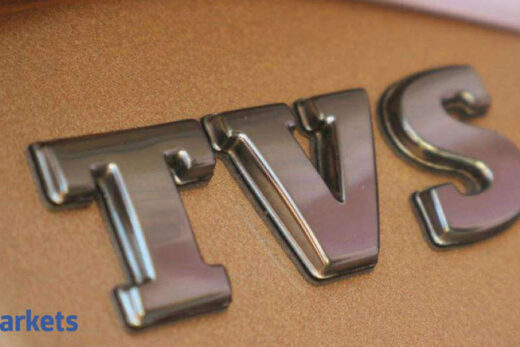Reasons for rejection Insurance claims for vehicles, be it a car or two-wheeler, are entertained only if the damage is accidental, due to natural disasters, theft or accidental fire.
Ignorance about policy & add-on covers: A common reason for claim rejection and people’s grouse is that some specific damages are not covered under the policy and one needs to buy separate add-on covers for these. “For instance, engine damage or depreciation losses are not covered in the basic policy and you need separate engine protector and zero depreciation add-on covers for these,” says Tarun Mathur, CBO, Policybazaar.com.
Car sent for repairs: A common mistake is getting the vehicle repaired on your own and then informing the insurer. “It’s a mistake because it’s hard for the company to track the accident and repair, making it difficult to assess the damage and approve the claim,” says Pankaj Arora, MD & CEO, Raheja QBE General Insurance. This is the reason you should get in touch with the insurer, so that it not only assesses the damage but also provides roadside assistance and takes the car to its partner garage.
Commercial use of vehicle: If you have bought a car for personal use, but start using it for commercial purposes, the claim will be denied in case of an accident.
Concealment or wrong information: “If there are wrongful disclosures or material facts are not disclosed at the time of buying a policy, such as falsification of no-claim bonus or pre-existing damages, then the claim is bound to be rejected,” says Rakesh Jain, ED & CEO, Reliance General Insurance. Similarly, if one provides wrong information about the accident or damage caused while filing a claim, it can be denied.
Lack of insurable interest: This means that the owner has failed to transfer the registration and insurance in his name. In such a case the claim will not be entertained by the insurer.
Modifications to the vehicle: If you install a CNG kit in your car, add accessories or make changes to the vehicle body, you will need to inform the insurer immediately, otherwise your claim in case of an accident will not be approved.
Policy guidelines: “If you do not comply with limitations of the use clause in your policy, the claim will be denied,” says Jain. So, if you are not driving within the specified geographical limits or if the vehicle does not have the specifications listed in the policy, say a particular engine capacity, the claim is likely to be denied.
No driving licence: If the person driving the vehicle is not carrying his licence at the time of the accident, the claim will be denied. Also, he needs to have a valid licence that has not expired and is for the type of vehicle it is specified for. For instance, if he only has the licence to drive a two-wheeler but meets with an accident while driving a car, the claim will be denied.
Driving under intoxication: Another obvious reason for claim denial is drunken driving. Since it is illegal to drive under the influence of alcohol in India, any claim arising from an accident caused due to drunken driving will be rejected.
Delay in intimation: If you put off informing the insurer about the accident, there is a chance your claim will be denied. The time frame is small, generally 24-48 hours, and you must ensure that you intimate the insurer within this period.
Delay in renewal of policy: If you forget to renew the policy and an accident occurs during this period, the claim will not be entertained by the insurer.
Be aware of these exclusions
A basic insurance policy covers only accidental damage to body and engine. Here’s what it typically doesn’t cover:
Consequential loss due to depreciation: The damage due to a policyholder or third party’s action and not due to an uncertain event is not covered. “For instance, engine damage due to hydrostatic loss during monsoons is common. Here the damage does not happen because of flooding or rains, but because someone cranked up the car in a water-logged area. It won’t be covered by the insurer,” says Arora.
Voluntary deductible: “If you opt for a voluntary deductible to reduce your premium, you will have to pay the compulsory deductible amount plus a voluntary deductible amount at the time of every claim,” says Arora.
Mechanical or electrical breakdown: Motor insurance policies do not cover any mechanical or electrical problems.
Consumables: Things like engine oil or lubricants are not covered in the basic policy, neither are any plastic parts or tyres. Wear and tear: Any damage caused to the vehicle in the normal course of usage, say worn out tyres or tubes, are not covered.
Key /lock replacement: Today, cars have technologically advanced keys and keyless locking systems, which can be expensive to replace. It will be covered only if you have an add-on cover for the same.
Return to invoice: A basic policy will only fetch you the Insured Declared Value (due to depreciation) of the car, which is lesser than the on-road value of the car. You can bridge the gap with an add-on cover.



